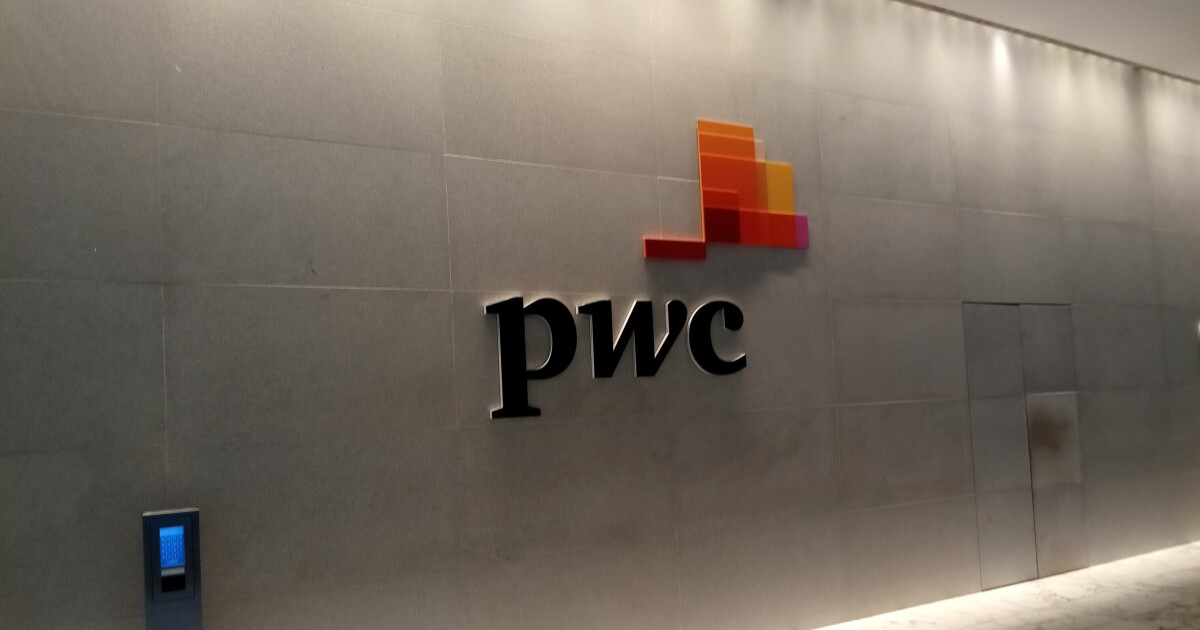Big Four firm PwC announced new agentic AI capacities, including a model that proactively identifies areas of value leakage and acts inside the tools teams already use to fix them itself.
The new solution, Agent Powered Performance, combines continuous AI-driven insight with embedded execution to address the problem of businesses only finding problems when they have already hurt performance. By actively monitoring and working inside the client’s existing systems, though, PwC’s agents can actively and autonomously address such issues.
The software, which is supported by PwC’s recently released Agent OS coordination platform, is embedded in enterprise systems to sense where value is leaking, think through the most effective performance strategies using predictive models and industry benchmarks, and act directly in tools like ERP or CRM software to make improvements stick.
The system connects directly into ERP environments, continuously monitors key metrics, and acts inside the tools teams already use. For example, a supply chain agent might detect rising shipping costs and automatically reroute deliveries to reduce spend. Finance agents can spot and correct billing errors before they reach the customer. Clients typically see measurable efficiency gains in the first quarter, with continued improvements over time as the system learns and adapts.
“Too many transformations still rely on one-off pilots and stale data, stretching the gap from insight to impact and suffocating ROI,” said Saurabh Sarbaliya, PwC’s principal for enterprise strategy and value. “Agent Powered Performance flips the economics by distilling PwC’s industry transformation playbooks into AI agents that turn static insights into compounding gains, without rebooting each time.”
Agent Powered Performance is platform-agnostic and built on an open architecture so it can work across different LLMs based on client preferences and task-specific needs. It works with major enterprise platforms including Oracle, SAP, Workday and Guidewire.
Agent OS Model Context Protocol
PwC also announced that its Agent OS AI coordination platform now supports the Model Context Protocol, an open standard from Amazon-backed AI company Anthropic.
By integrating this standard, agent systems registered as MCP servers can be used by any authorized AI agent. This reduces redundant integration work and the overhead of writing custom logic for each new use case. By standardizing how agents invoke tools and handle responses, MCP also simplifies the interface between agents and enterprise systems, which will serve to reduce development time, lower testing complexity, and cut deployment risk. Finally, any interaction between an agent and an MCP server is authenticated, authorized and logged, and access policies are enforced at the protocol level, which means that compliance and control are native to the system—not layered on after the fact.
This means that agents are no longer siloed. Instead, they can operate as part of a coordinated, governed system that can grow as needs evolve, as MCP support provides the interface to external tools and systems. This enables organizations to move beyond isolated pilots toward integrated systems where agents don’t just reason, but act inside real business workflows. It marks a shift from experimentation to adoption, from isolated tools to scalable, governed intelligence.
Research Composer
Finally, a PwC spokesperson said the firm has also launched a new internal tool for its professionals called Research Composer, a patent-pending AI research agent embedded in the firm’s ChatPwC suite, designed to accelerate insight generation by combining web data with PwC-uploaded content.
Professionals will use the Research Composer to produce in-depth, citation-backed reports for either the firm or its clients. The solution is intended to enhance the quality of client work by equipping teams with research and strategic analysis capabilities.
The AI agent prompts users through a step-by-step research workflow, allowing them to shape how reports are packaged—tailoring the output to meet strategic needs. For example, a manager in advisory services might use Research Composer to evaluate white space opportunities across industries or geographies, drawing from internal reports and up-to-date market data.


 Accounting1 week ago
Accounting1 week ago
 Finance1 week ago
Finance1 week ago
 Economics7 days ago
Economics7 days ago
 Finance1 week ago
Finance1 week ago
 Economics1 week ago
Economics1 week ago
 Economics1 week ago
Economics1 week ago
 Personal Finance5 days ago
Personal Finance5 days ago
 Economics4 days ago
Economics4 days ago












